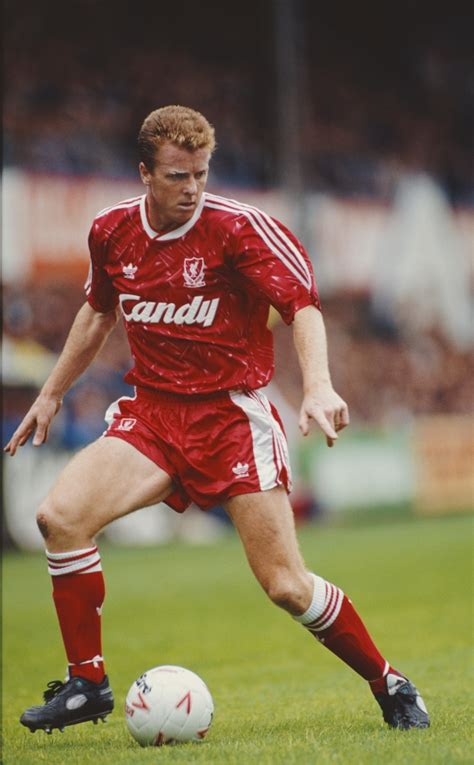A Quote by Colleen McCullough
Once I've got the first draft down on paper then I do five or six more drafts, the last two of which will be polishing drafts. The ones in between will flesh out the characters and maybe I'll check my research.
Related Quotes
I hate first drafts, and it never gets easier. People always wonder what kind of superhero power they'd like to have. I wanted the ability for someone to just open up my brain and take out the entire first draft and lay it down in front of me so I can just focus on the second, third and fourth drafts.
I remember Emilio [Estevez] and I were at John's house during the rehearsal process. And John [Huges] had mentioned he wrote the first draft of Breakfast Club in a weekend. And we both at the same time went, "First draft? How many do you have?" And John said he's got four other drafts. And we go, "Can we read them?" And for the next three hours, Emilio and I read those other four drafts.
It's more like I write multiple first drafts, handwritten. So with my first novel, I wrote whole drafts from different points of view. There are different versions of that novel in a drawer on loose-leaf sheets. I won't even look at the first draft while I'm writing the second, and I won't look at the second before writing the third.
Almost all good writing begins with terrible first efforts. You need to start somewhere. Start by getting something-anything-down on paper. A friend of mine says that the first draft is the down draft-you just get it down. The second draft is the up draft-you fix it up. You try to say what you have to say more accurately. And the third draft is the dental draft, where you check every tooth, to see if it's loose or cramped or decayed, or even, God help us, healthy.
This afternoon, burn down the house. Tomorrow, pour critical water upon the simmering coals. Time enough to think and cut and rewrite tomorrow. But today-explode-f ly-apart-disint egrate! The other six or seven drafts are going to be pure torture. So why not enjoy the first draft, in the hope that your joy will seek and find others in the world who, by reading your story, will catch fire, too?
Usually, the way I write is to sit down at a typewriter after that year or so of what passes for thinking, and I write a first draft quite rapidly. Read it over. Make a few pencil corrections, where I think I've got the rhythms wrong in the speeches, for example, and then retype the whole thing. And in the retyping I discover that maybe one or two more speeches will come in. One or two more things will happen, but not much.
Each genre has its own process. I'm very intuitive about poetry. I usually write first and second drafts out by hand. The other end of the spectrum is journalism, which is much more cerebral, more thought-out and planned. Fiction lies somewhere in between. I usually start intuitively but eventually I need to stop and consider structure, or research, or both.
I had written eight drafts of the Lemony Snicket' screenplay when this changing-of-the-guard thing happened, and I said to the new producers, "I don't think I could write any more drafts." I guess I was sort of hoping they would say, "Well that's okay, this last one is perfect." But instead, they said, "It's funny you should say that. We don't think you can write any more drafts either."
Now I rewrite more and more severely, and I take great pleasure in cutting thousands of words out of first drafts; I think that's a pleasure worth learning as early as possible in one's career, not least because realizing that one can do it helps one relax into writing the first draft in which it's better to have too much material for later shaping than not enough.



































